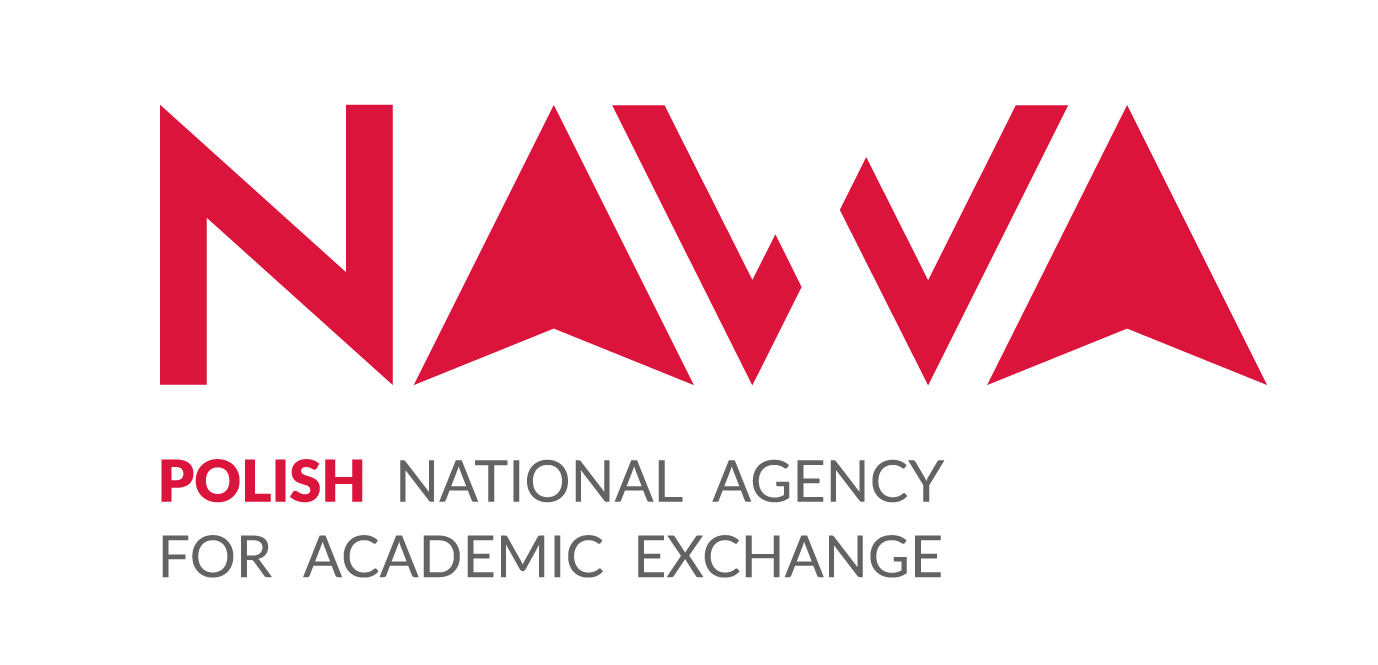10:30-11:30 February 21 2024
Duration: 45 min + question time
The accurate representation of deformable interfaces in two-phase flows poses significant challenges in computational fluid dynamics (CFD). This presentation delves into the computational methodology for simulating such phenomena using the Arbitrary Lagrangian Eulerian (ALE) description coupled with the Finite Element Method (FEM). ALE provides a framework for tracking moving boundaries, while FEM offers a robust numerical technique for solving the governing equations over these evolving domains. We discuss the theoretical underpinnings of ALE and FEM and their integration to model the dynamic behavior of deformable interfaces. The presentation explores the numerical algorithms involved in handling interface motion and surface tension effects. Additionally, practical considerations such as mesh generation, time integration schemes, and convergence strategies are addressed. Case studies highlighting the application of ALE-FEM in various engineering scenarios involving multiphase flows with complex geometries will be presented to demonstrate the efficacy and versatility of the proposed computational framework. The insights gained from this research have profound implications in industry.
Prof. Gustavo Rabello dos Anjos received his degree in mechanical engineering from Rio de Janeiro's State University (UERJ), in 2007 he obtained a master's degree in metallurgical and materials engineering from the Federal University of Rio de Janeiro (COPPE/UFRJ). In 2012 he received a PhD from the École Polytechnique Fédérale de Lausanne (EPFL) in Switzerland, with funding from the Swiss National Science Foundation at the renowned Heat and Mass Transfer Laboratory (LTCM), led by Prof. John R. Thome.
He has developed research in the area of two-phase flow modeling with heat and mass transfer. He was nominated for best doctoral thesis awards in mechanical engineering and best doctoral thesis at EPFL in 2012. In 2012-2013 he was postdoctoral fellow of the Department of Nuclear Engineering (NSE) at the Massachusetts Institute of Technology (MIT) in the Consortium for Advanced Simulation of Light Water Reactors (CASL). In 2013 he returned to Brazil through CAPES - Sciences without Frontiers and the Young Talent Attraction Scholarship. He is currently a professor at COPPE/UFRJ in the Mechanical Engineering Department.
He was director of the Brazilian Association of Engineering and Mechanical Sciences (ABCM) from 2017 to 2021. His area of interest encompasses laminar and turbulent multiphase flows, heat and mass transfer and computational fluid dynamics.
The spotlight talk is financed through the STER program of the National Agency for Academic Exchange (NAWA)

Lista terminów (Strona szczegółów wydarzenia)
- 21-02-2024 10:30 - 11:30




